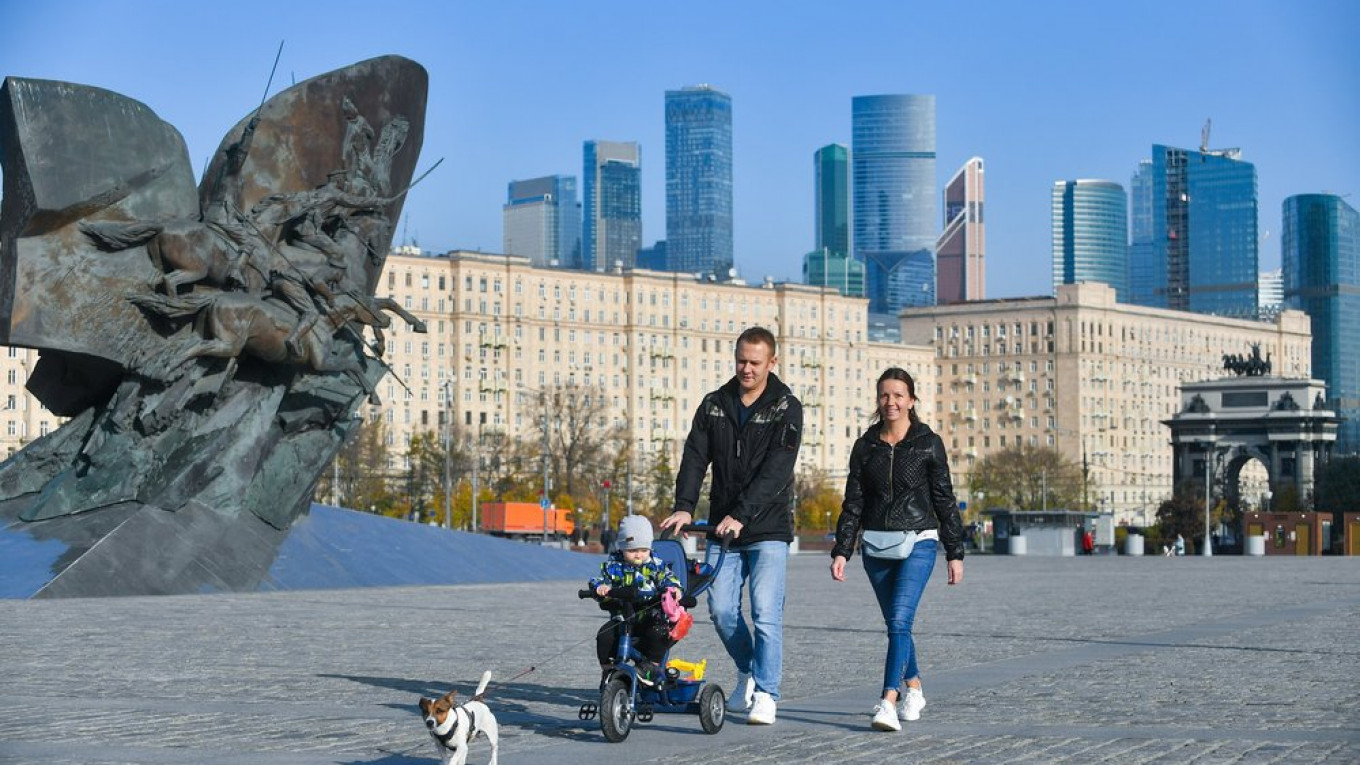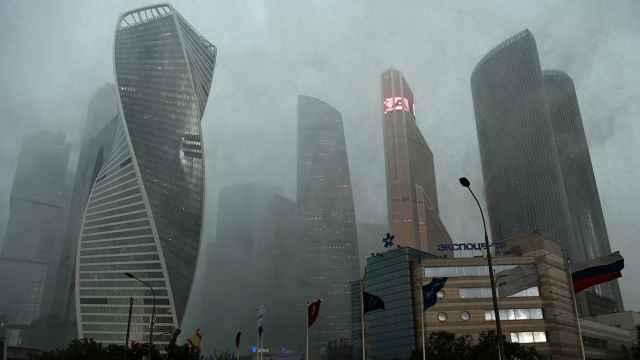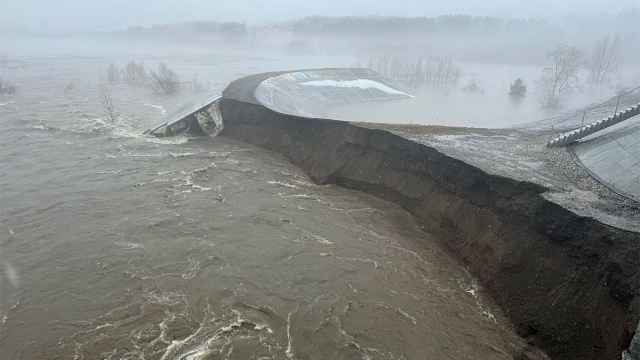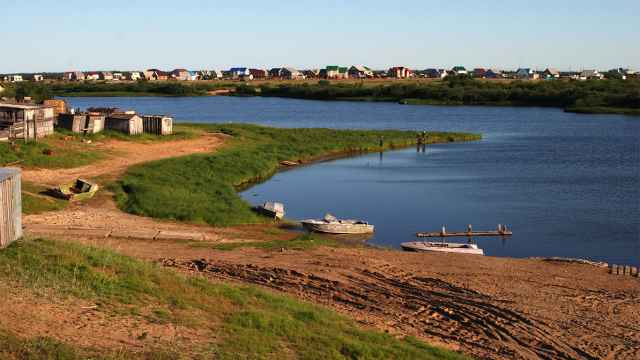Global climate change is behind this year’s extraordinarily warm autumn in Moscow and St. Petersburg, experts interviewed by The Moscow Times said.
Russia’s two largest cities experienced the warmest autumn temperatures of their recorded histories in 2020, official weather services reported Tuesday.
And it’s only the beginning, experts say.
Over the next 10 years, Russia can expect to see warmer autumn temperatures than those of the previous decade, said Alexei Kokorin, head of climate and energy program at the World Wildlife Fund in Russia.
“The climate has become increasingly unstable in terms of temperature, precipitation and winds,” Kokorin said.
Alexander Kislov, head of meteorology and climatology at Moscow State University, said other factors besides climate change are at play, pointing to three main causes for Moscow’s warm autumn.
“The first reason is global warming, the type of warming which is manifested everywhere, including in Russia's central region and Moscow,” Kislov told The Moscow Times.
“The second reason is the [atmospheric] circulation phenomenon of a given year: the prevalence of air outflow from the south,” he said. These winds may also come from the north, causing the opposite anomaly.
“In addition to this, large urban agglomerations are creating their own mesoclimate, which is manifested in a so-called ‘heat island’,” Kislov said.
Measuring Moscow’s climate dynamics could become increasingly tricky as authorities are looking to close down the Balchug weather station due to high rent costs, Kislov said. The weather station located near the Kremlin gathers important data on Moscow’s urban area.
Russia has started working to address climate adaptation, releasing an official plan of action to mitigate damage and take advantage of opportunities created by climate change early this year. The first stage of adaptation aims to establish regulatory, methodological and legal frameworks, according to the state climate center’s report.
However, Kokorin said the speed at which these issues are being addressed in general is quite slow.
In recent years, Russia has taken an increasingly reactionary approach to climate change, with Moscow’s measures usually coming in response to restrictions imposed by other governments such as EU’s carbon footprint tax, Kokorin said.
A Message from The Moscow Times:
Dear readers,
We are facing unprecedented challenges. Russia's Prosecutor General's Office has designated The Moscow Times as an "undesirable" organization, criminalizing our work and putting our staff at risk of prosecution. This follows our earlier unjust labeling as a "foreign agent."
These actions are direct attempts to silence independent journalism in Russia. The authorities claim our work "discredits the decisions of the Russian leadership." We see things differently: we strive to provide accurate, unbiased reporting on Russia.
We, the journalists of The Moscow Times, refuse to be silenced. But to continue our work, we need your help.
Your support, no matter how small, makes a world of difference. If you can, please support us monthly starting from just $2. It's quick to set up, and every contribution makes a significant impact.
By supporting The Moscow Times, you're defending open, independent journalism in the face of repression. Thank you for standing with us.
Remind me later.








